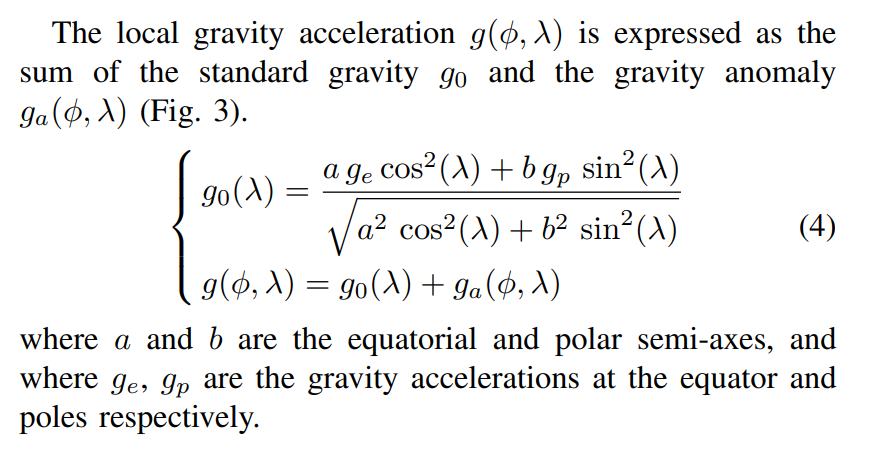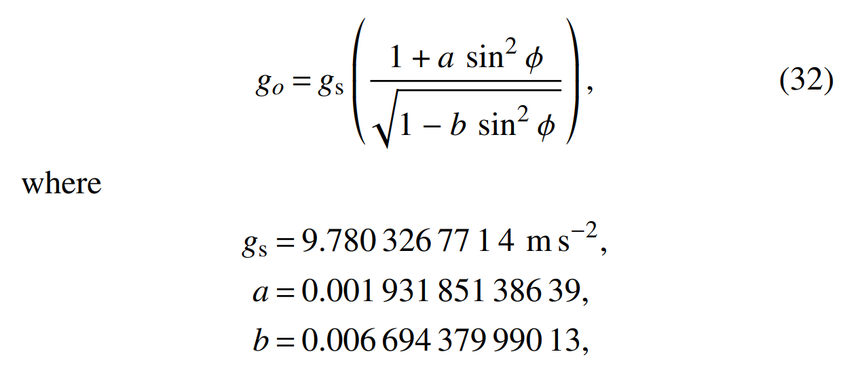Einstein already figured that out. That you don't understand it isn't surprising, a lot RE physicists have trouble understanding it too. It's been said that if you think you understand relativity, then you don't understand relativity.
It is correct that a lot of physicists say that they don't understand general relativity, and this thread shows why. It's based on "We know that the earth is round, so it HAS to be this way" and proceeds to creatively theorize elaborate metaphysics of an earth which is exploding apart from itself interdimensionally to explain the acceleration effects.
It's confusing why these mechanisms are being proposed because it is not science, it's a band-aid. When assessed on the topic of the earth's shape we further understand the intricacies of general relativity and the necessity for this.
GR is one of the most thoroughly tested theories ever, starting with the precession of Mercury's orbit and astronomical observations of gravitational lensing. The apparent upward acceleration of the earth's surface is merely a consequence of an otherwise stationary round earth moving through the time element of curved space-time.
https://en.wikipedia.org/wiki/Tests_of_general_relativity
In that link all of the terrestrial tests are the equivalence principle tests that the earth is accelerating upwards.
The astronomical observations such as starlight bending and mercury are indirect inferences. For example:
- Is the only way to explain the observation of light bending bend towards the sun is if the earth is exploding apart from itself in another dimension? Please connect the dots there.
- Is the only way to account for an issue in the precession of Mercury is if the earth is exploding apart from itself in another dimension? Please connect the dots.
There is not a direct connection to the underlying mechanism proposed. It is possible to create different theories of gravity where light bends towards the Sun.
In 1957 Physicist Robert Dicke
complained about the shoddy state of General Relativity as compared to other fields:
“ Dicke’s thinking about his change of direction of research is illustrated by these quotes from his 1957 Chapel Hill paper, The Experimental Basis of Einstein’s Theory (Dicke 1957a, p. 5):
"It is unfortunate to note that the situation with respect to the experimental checks of general relativity theory is not much better than it was a few years after the theory was discovered – say in 1920. This is in striking contrast to the situation with respect to quantum theory, where we have literally thousands of experimental checks.
...
Professor Wheeler has already discussed the three famous checks of general relativity; this is really very flimsy evidence on which to hang a theory.
...
It is a great challenge to the experimental physicist to try to improve this situation; to try to devise new experiments and refine old ones to give new checks on the theory. We have been accustomed to thinking that gravity can play no role in laboratory-scale experiments; that the gradients are too small, and that all gravitational effects are equivalent to a change of frame of reference. Recently I have been changing my views about this."
In the second of these quotes Dicke was referring to Wheeler’s summary comments on the classical three tests of general relativity: the orbit of the planet Mercury, the gravitational deflection of light passing near the Sun, and the gravitational redshift of light from stars. ”
Quantum Theory had thousands of checks. General Relativity only had a few, and its state has hardly improved today in comparison. It is 2025 and you are still citing Mercury and light bending as your proof.
Beyond that, there has been disagreement these few proofs even work. See:
https://wiki.tfes.org/Precession_of_Mercury%27s_Orbit



